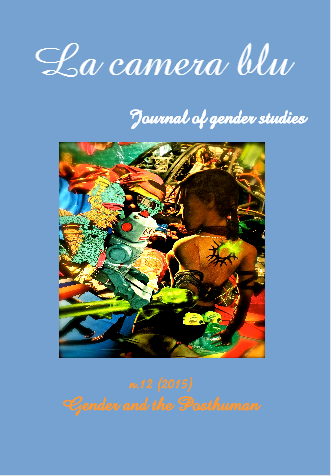Breaking the Silence: Feminism and Post humanism
DOI:
https://doi.org/10.6092/1827-9198/3673Keywords:
Marginalization, Oppression, Subaltern, Discourse, Posthuman, Feminism. Gender, OtherAbstract
Postmodernism starts its journey by challenging the master narratives of metaphysics and philosophy. In this journey the narrative get replaced either by an emancipation from narratives that claim to possess eternal truth or by a turn to a kind of informative technology. But both the ways keep at their centre the process of “denaturing” or disassociating something of its natural qualities. This postmodernist turn has now taken a new form. The choice is not limited between the natural body and the culturally constructed body, but between different areas of bodily reconstruction bearing different social and cultural implications. As Spivak in her famous writing raises the question «Can the subaltern speak?» In fact, Spivak narrates how the marginalized, the less privileged depend upon the benevolence of the more privileged. To engage with the other means not only to talk, listen, learn or know about her but also to identify with her. There must be some ways for open dialogues that can diminish the effects of cultural dominance. The imperial silence should be broken.Downloads
Download data is not yet available.
Downloads
Published
2015-10-20
How to Cite
Saha, D. (2015). Breaking the Silence: Feminism and Post humanism. La Camera Blu, 11(12). https://doi.org/10.6092/1827-9198/3673
Issue
Section
Postcolonial and transnational feminisms
License
La camera blu is an open access, online publication, with licence CCPL Creative Commons Attribution 3.0 Unported


